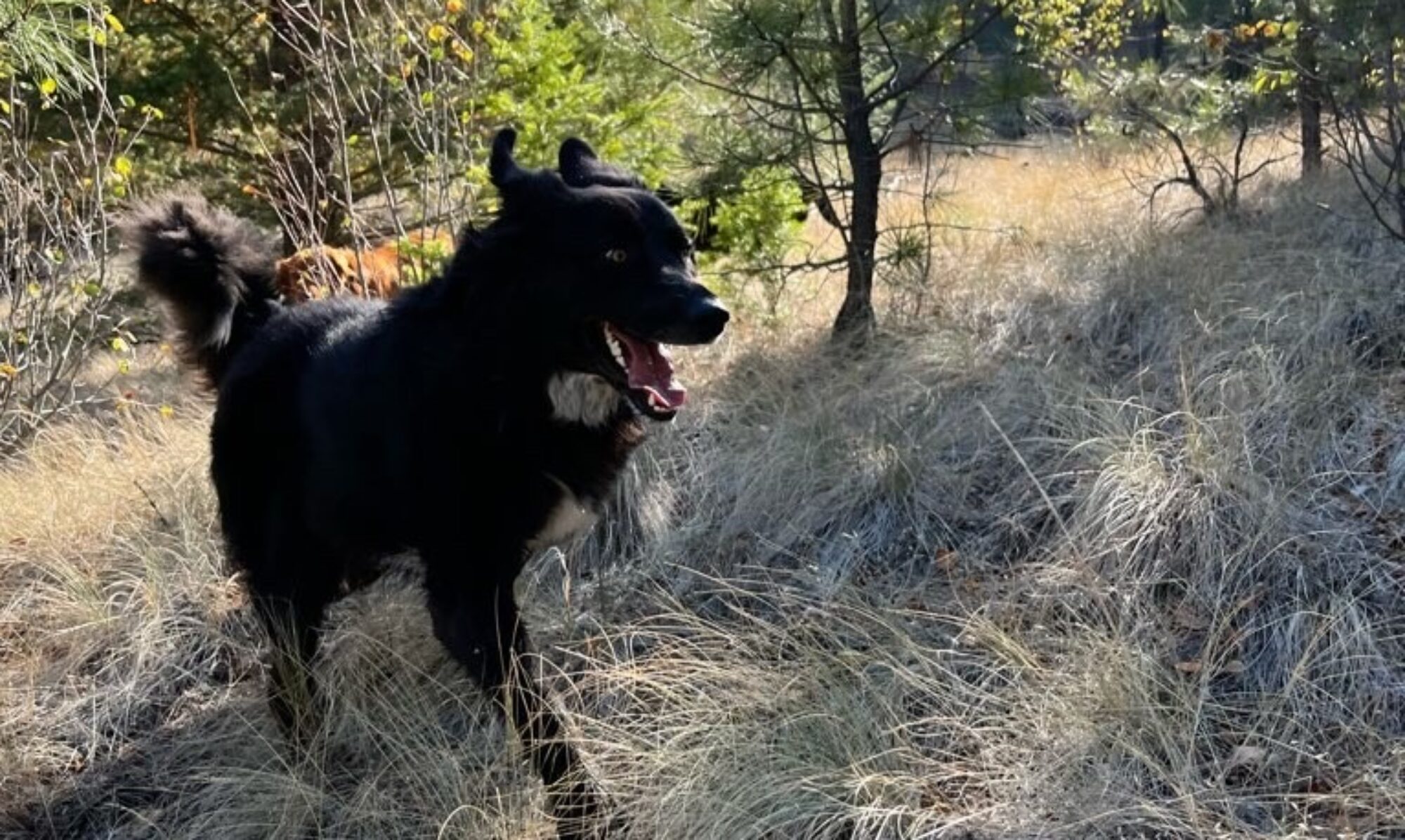“Being in the classroom is not the most important characteristic of education. Living is something you learn by playing in the world around you.” – Toshiro Kanamori
Playing in the world around us can be one of the richest ways to learn information. Education does not always have to be taught at a desk Some of the best and most inclusive teaching can come from experiences of “playing” outside of the classroom. By playing in nature, our students can develop resilience, curiosity, empathy and creativity, setting them up for success and positive relationships in years to come. By providing a real-world context, students will foster a sense of freedom, independence, and community. Teaching “outside the box” can lead to significant enhancement in student engagement, motivation and learning outcomes. Using the world and the land as an aid to education will help students enhance their social skills and improve their focus while essentially creating a safe and inclusive space. Allowing students to have freedom beyond the “typical” classroom provides students with a natural environment where children of all abilities, backgrounds and learning styles can participate equally. The amazing thing is that playing in the world can also happen inside the classroom as well. Learning can feel like playing if done the right way, and to achieve this inside the classroom, I would make sure to have as many play-based activities as possible. Board games, puzzles, stories and even video games are all ways to learn and play at the same time but inside three the classroom. When inclusion, play and nature intertwine, our students will develop not only academic skills but also a love for learning, respect for others and a connection to the world around them.
